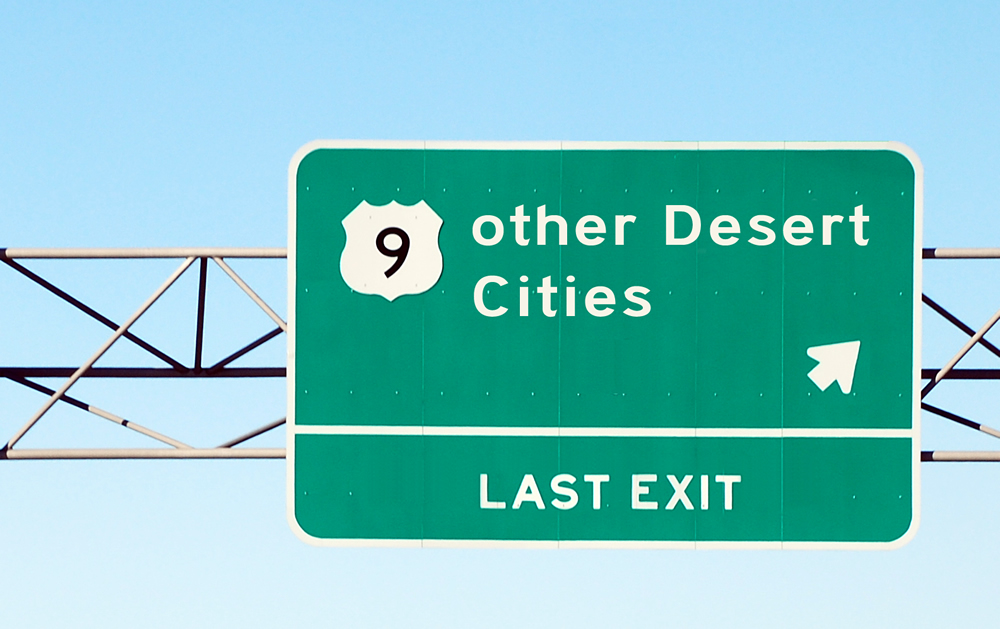Parashat Vayishlah
Genesis 32:4 – 36:43
Jacob returns home after a 20 year absence. He is older. He has a big family and large holdings of supplies and flocks and servants. And he has changed.
Jacob’s transformation is expressed through the story of his wrestling with an angel. The angel bestows a new name upon him and blesses him. One of the many layers of meaning surrounding this episode is that Jacob’s change of name signifies that Jacob himself has changed. If his original name, Jacob, has a connotation of devious trickery ( – see Gen. 27:36), his new name, Israel, carries a connotation of uprightness (- the first three letters spell yashar – straight, upright). Jacob has been accused of being devious by his brother and by his uncle. He has paid heavily for his own dissimulations. Already, and for the rest of his life, Jacob will suffer from the dishonest dealings of others. But, after receiving the name Israel, he is never again guilty of deviousness, himself.
Except for just one last time:
Jacob had made every effort to meet his estranged brother, Esau, in an honest way. He was petrified that Esau will wish to kill harm, still. But, after experiencing the relief of his brother Esau’s embrace and forgiveness, Jacob knows that Esau poses no threat to him. And Esau graciously offers to escort his brother home. And here is where Jacob uses his talent for deviousness one last time. He excuses himself from traveling together with his brother. His camp moves too slowly, he explains. But they will take their time and eventually catch up with Esau at Esau’s own home. (Gen. 33:13-14) But of course he never does such a thing and he apparently never intended to.
Is this Jacob the Liar all over again? Is it simply impossible for him to truly change his ways? Or, perhaps, is this Jacob’s own sorrowful bidding farewell, not only to his brother, but also to his old familiar self? Like a recovering alcoholic, he decides to have one final drink from the cup of deception before he calls it quits.
But such a “drink” is imbibed with a very different mindset than the ones he had when he was stuck in his rut. This “drink” is not swallowed out of desperate need or hopeless self-punishment. There is a paradoxical element of compassion in this drink. Jacob has given Esau his remorse and his blessing, but Jacob knows that it is impossible to travel and be with Esau. If Esau actually thought that it were possible, then it was Esau who was deceiving – himself.
So Jacob must find a way to go his separate path without hurting or rejecting his good-hearted brother. At this moment he must part from his brother and from his old ways. Until now he has used his talent for deceit to get what he had to have for himself. But he is now Israel. Now he has embraced a new life that can never again be based on deception. Yet, he will ever be called Jacob, as well. So how can his past practice in deception be redeemed? Jacob discovers that his gift for deception can be put to blessed use. In bidding Esau farewell, it is true that Jacob deceives his brother again. But what a difference there is between his earlier dissembling and this one! For the last time that he engages in deception Jacob – for the first time – does so out of love and concern for someone else! With this last draft from the cup of deception Jacob/Israel has changed for good.
Shabbat Shalom
Rabbi David Greenstein
![]()
Subscribe to Rabbi Greenstein’s weekly d’var Torah
image: “Last U.S. Exit” © Peter Dutton altered and used with permission via Creative Commons License
- Toby Stein: In Memoriam - Thu, Feb 8, 2024
- Faithfulness and Hope: Parashat Sh’lach - Thu, Jun 23, 2022
- Past Their Prime: Parashat B’ha`a lot’kha - Thu, Jun 16, 2022

